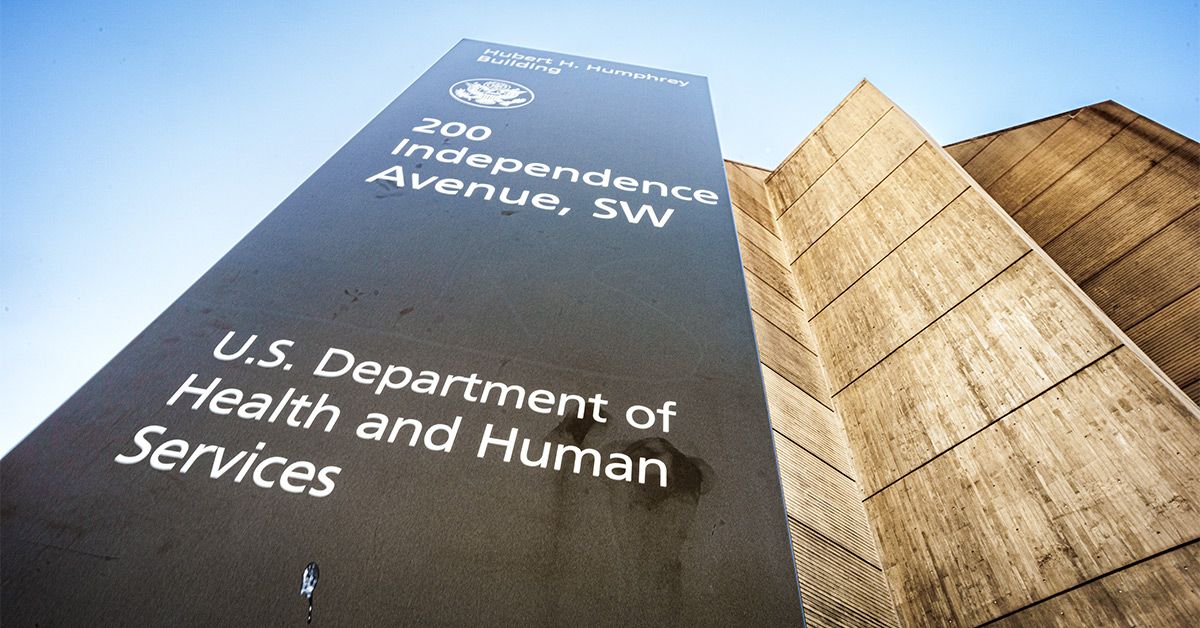Health
Federal Health Agencies Ordered to Restore Public Facing Webpages, Data

Federal Judge Orders Restoration of Public Health Data Following Trump Executive Order
In a significant legal development, a federal judge has ordered the U.S. Department of Health and Human Services (HHS), the Centers for Disease Control and Prevention (CDC), and the Food and Drug Administration (FDA) to restore public-facing websites and data that were removed following an executive order issued by President Donald Trump on "gender ideology." The ruling came in response to a lawsuit filed by Doctors for America, a nonprofit organization that argued the removal of the data violated federal law and disrupted critical public health efforts. The case highlights the ongoing legal challenges facing several of President Trump’s executive orders, many of which remain tied up in U.S. courts.
The Executive Order on Gender Ideology and Its Impact on Public Health
President Trump’s executive order on "gender ideology," issued shortly after his inauguration, introduced a new federal policy that recognizes only "two sexes, male and female." As a result, federal health agencies were required to remove all websites, public-facing media, and data that "promote gender ideology." By the end of January, agencies like the CDC, FDA, and HHS had scrubbed their websites of gender-inclusive and diversity, equity, and inclusion (DEI) language, as well as critical public health data. For instance, the CDC’s Youth Risk Behavior Survey, which provides essential insights into adolescent health behaviors, was deleted. The removal of this data has had far-reaching consequences, particularly for healthcare providers who rely on this information to deliver accurate and inclusive care.
Doctors for America Files Lawsuit Against Federal Health Agencies
Doctors for America filed a lawsuit against the HHS, CDC, and FDA on February 4, arguing that the removal of the data violated federal law and hindered their ability to provide medical care, conduct research, and respond to public health issues. The organization emphasized that the deleted data was vital for addressing pressing health concerns, such as youth risk behaviors, sexually transmitted infections (STIs) like HIV, and other conditions that disproportionately affect marginalized communities. U.S. District Judge John Bates agreed with the plaintiffs, granting a temporary restraining order and ordering the agencies to restore the deleted data and online resources by midnight on Tuesday.
Federal Judge Rules in Favor of Restoring Public Health Data
In his ruling, Judge Bates emphasized the harm caused by the removal of the data, particularly for underprivileged Americans who rely on these resources for healthcare. "It bears emphasizing who ultimately bears the harm of defendants’ actions: everyday Americans, and most acutely, underprivileged Americans, seeking healthcare," Bates wrote. He further argued that the deletion of the data could prevent healthcare providers from delivering timely and effective care, potentially leading to untreated life-threatening conditions. Bates made it clear that the public has a strong interest in maintaining access to accurate and comprehensive health information, and the temporary restraining order was a necessary step to prevent further harm.
Broader Implications of the Executive Order on Public Health Communications
The executive order on gender ideology was not the only Trump administration action to impact public health communications. On January 22, another executive order halted all public health communications from federal health agencies, creating uncertainty and disruption in the scientific and medical communities. This pause, which was initially expected to end on February 1, left critical information about the growing bird flu outbreak and rising respiratory virus cases in limbo. Health experts, including Dr. Monica Gandhi of the University of California, San Francisco, warned that the delay in updating public health data could have serious consequences, particularly for tracking outbreaks and informing the public.
Legal Challenges to Trump’s Executive Orders Continue
The legal battle over the restoration of public health data is just one of several cases challenging President Trump’s executive orders. Many of these orders, issued during his first week in office, have been met with lawsuits from advocacy groups, healthcare providers, and other stakeholders. While some judges have ruled in favor of these challenges, litigation is still ongoing, and the ultimate outcome of these cases remains uncertain. The situation underscores the limitations of executive power and the importance of judicial oversight in ensuring that federal actions comply with the law. As the legal battles continue, the impact of these executive orders on public health, equity, and access to care remains a critical concern for millions of Americans.